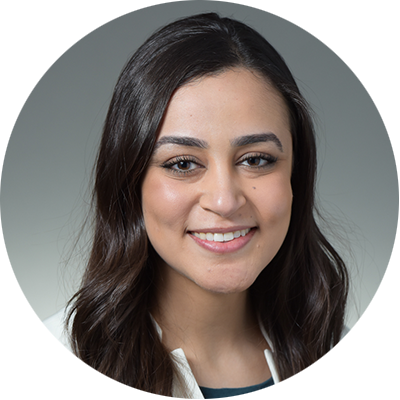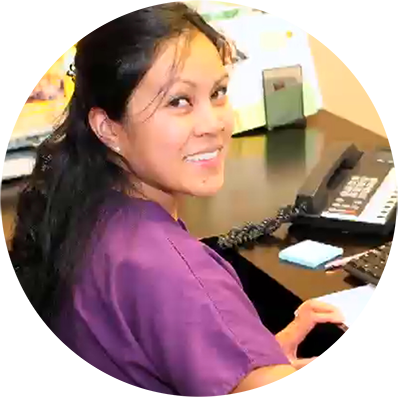1.) When should I schedule my child's first dental visit?
The American Academy of Pediatrics (AAP) and the American Academy of Pediatric Dentistry (AAPD) recommend that children be seen by a dentist within 6 months of eruption of the first tooth or 12 months of age, whichever comes first. Visiting a pediatric dentist by the time the first baby tooth appears enables the child to begin a lifelong preventive dental care program to minimize tooth decay and cavities. Pediatric dentists can detect early tooth decay, provide parents with information on proper oral and facial development, determine fluoride needs and more.
2.) Why come to a pediatric dentist?
The very young, preteens, teenagers, and patients with special needs all benefit strongly from different approaches in dealing with their behavior, guiding their dental growth and development, and helping them avoid future dental problems. A Pediatric Dentist is best qualified to meet these needs, by virtue of advanced training for years beyond dental school. They are assisted by a highly skilled team of professionals who are also experienced in providing care just for children. The pediatric dentist’s office is also unique in providing an environment that is comfortable, safe, and child friendly.
3.) My child has special needs - can you accommodate?
Millions of children live with some form of disability. There are several types of disabilities: intellectual, physical/developmental or a combination of both. Disabilities can affect everyday life — even the smallest actions, such as brushing teeth, can be problematic for patients with special needs. Children’s Dental Care provides expert, caring treatment for children with special needs through age 20. Our dentists and staff fully understand the demands of special-needs care, and we welcome these patients and their families.
4.) Can I go back with my child at their appointment?
We invite you to stay with your child during the initial examination. During future appointments, we suggest you allow your child to accompany our staff through the dental experience. We can usually establish a closer rapport with your child when you are not present. Our purpose is to gain your child’s confidence and overcome apprehension. However, if you choose, you are more than welcome to accompany your child to the treatment room. For the safety and privacy of all patients, other children who are not being treated should remain in the reception room with a supervising adult.
5.) Do baby teeth really matter?
Some people think baby teeth don’t matter because they’ll eventually fall out. The truth is baby teeth do matter. Primary, or baby teeth, are very important to a child’s early physical, social and emotional development. Primary teeth aid in speech development, foster good nutrition through proper chewing, build self-esteem with a beautiful smile and save space for proper development of adult teeth. Primary teeth can also become abscessed if not treated and cause the child dental pain.
6.) How often does my child need to see a dentist?
A check-up every six months is recommended in order prevent cavities and other dental problems. However, our doctors can tell you when and how often your child should visit based on their personal oral health.
7.) When should I start brushing my child's teeth with toothpaste?
Do not use fluoridated toothpaste until age 3. Earlier than that, clean your child’s teeth with water and a soft-bristled toothbrush. After age 3, parents should supervise brushing. Use no more than a pea-sized amount of toothpaste and make sure children do not swallow excess toothpaste.
8.) Will you take x-rays on my child's first visit and are they safe?
Depending on your child’s age, we may or may not take X-Rays at the first visit. There is very little risk in dental X-rays. Pediatric dentists are especially careful to limit the amount of radiation to which children are exposed. Lead aprons and high-speed film are used to ensure safety and minimize the amount of radiation.
9.) The New York Times reports that a rise in the number of preschool cavities cavities has led to a rise in the number of preschoolers requiring extensive dental work.
Dentists nationwide are seeing more preschoolers from all socioeconomic backgrounds with 6 to 10 cavities or more, with a level of decay often necessitating sedation or general anesthesia to help such young children tolerate the extensive dental repairs they need. Our dentists have combined total of 30 years’ experience safely treating children in the hospital or office with sedation or anesthesia, and will be happy to discuss your child’s individual needs with you.
10.) What forms of payment do you accept?
We accept all dental insurance policies and are in network with Aetna, Guardian, MetLife and Delta Dental. We accept all major Credit Cards, including Visa, Mastercard and American Express. We also accept cash and checks. We offer
Care Credit and
Springleaf. Our staff would be more than happy to help you compete those application at your appointment.








